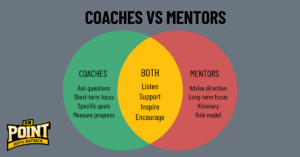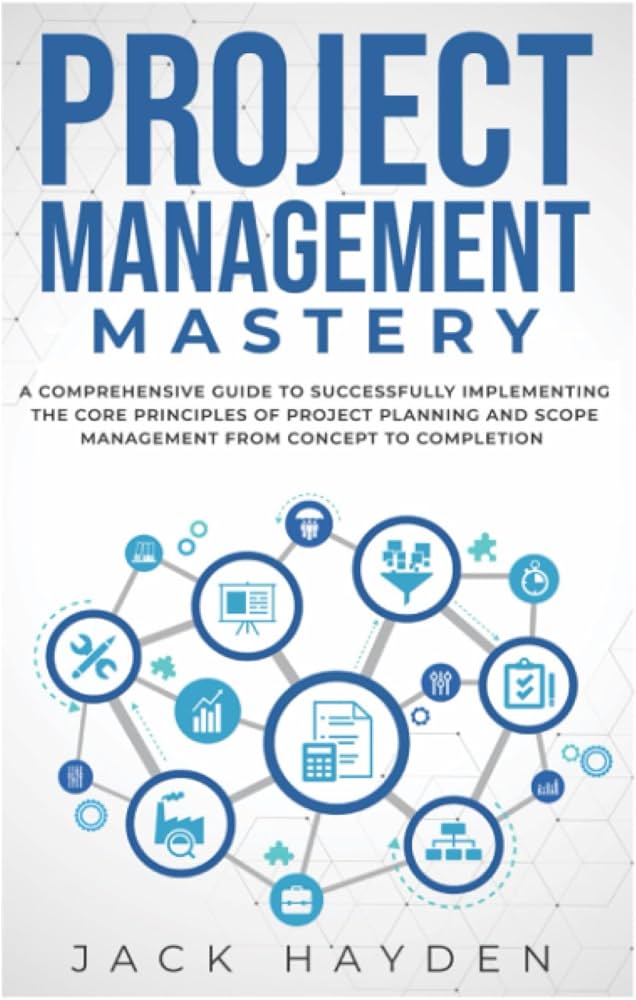On this episode of the AV Profession, Brad Malone joins Tim Albright to discuss human resource management.
How can integrators make sure that their human resources are where they’re supposed to be, when they’re supposed to be there?
It can be a real juggling act when integrators are sharing resources, (tools, equipment, and people) across multiple projects and service agreements…Which gets more complicated when your timelines are always shifting because GCs keep moving their milestones.
“When I teach Project Managers, I always ask them their number one source of drama, and they say, ‘Resources,’” says Malone.
Navigate finds that scheduling and human resource management is the bane of many integrators’ existence. So, what is the best way to make sure that everybody has what they need?
Stop over-scheduling
Most Systems Integrators are over-scheduling.
There is this myth that we have to schedule our people at 100%.
Why?
Because we don’t want anybody not doing something.
Have you ever played the game Cracker Barrel, where you slide pieces of wood around the board to solve the puzzle? But you must have at least one open spot to slide a piece over to move the other pieces around. The same applies to scheduling resources for your integration projects.
Projects are going to shift. A milestone is going to be missed. Also, you might have the opportunity for a change order that week. But, if all your time is already fully scheduled, not only can you not do the change order that week, you might not be able to do it for three weeks. Or, if you force it into that week, you either must use overtime, or you’ve got to re-schedule another project.
With this in mind, Navigate recommends never scheduling over 80%.
If you are working eight-hour days, only schedule four out of five days, or never go over 32 hours scheduled.
It feels counterintuitive to under-schedule, but you can always move something forward.
When Navigate sees integrators that are over-scheduling – again 100% scheduling – you usually find highly reactive scheduling. It’s almost like just throwing bodies at places.
‘This person’s free today, and so I’m going to send them to job A. Well, have they seen job A? Not at all, but they’ll figure it out.’
So, you just have this crazy, almost whack-a-mole, process because you’re over scheduling.
The goal is to make the best use of available time, versus playing catch up, catch up, catch up, where you are basically delivering poor quality.
Communicate early and often
It is key to teach people the value of resources, and that they are important.
“So, if my technicians are in trouble and they have to come back tomorrow, I want to know that in the middle of the day, not at 4:30 in the afternoon,” says Malone.
Why is it a bad idea to schedule projects and service from the same resource pool?
Listen to the podcast for the full discussion and many more tips!
 Do your project managers need training?
Do your project managers need training?
Join Navigate Academy!
Navigate Academy is our new online learning platform designed exclusively for Systems Integrators and their technology partners
Don’t miss our next live webinar
Friday, Dec 18 @ 11:00 am CST
Title: Succession Planning & Next Generation Development
It’s no secret that at Navigate, we love to read…
So, we started the Navigate Book Club and our library keeps growing!
We select our favorite books to correspond with the various learning track at Navigate Academy.
If you are interested learning more about leadership, process managmenet, project management, or business management then we have a book for you!
Multipliers is recommended reading for Navigate Academy Module 12: Capacity Planning & Resource Management
Keep Reading:











